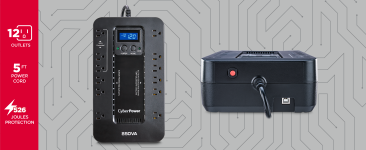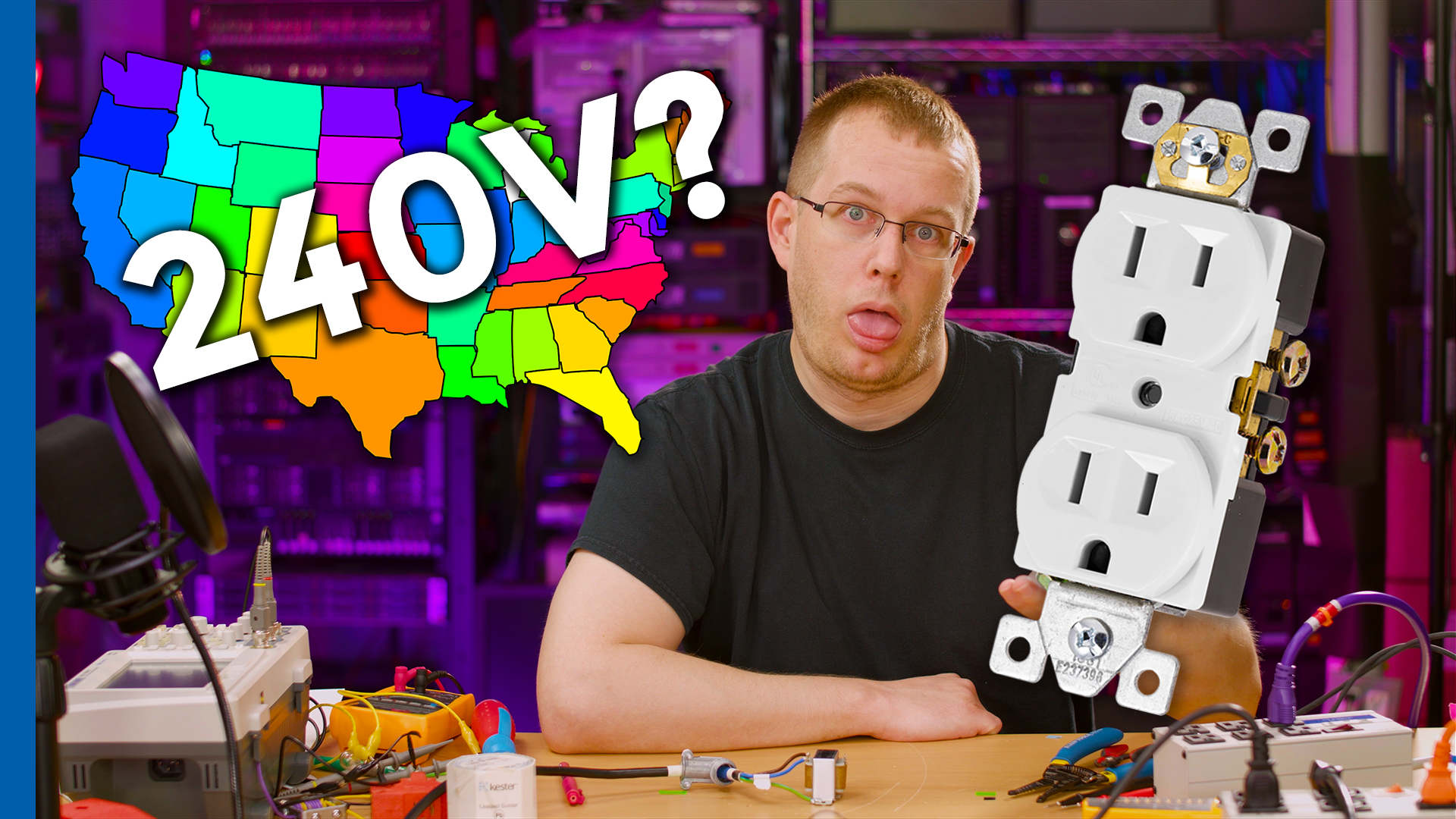I have the following backup and surge protector UPS system:

On one side of the battery backup it says: Battery supported and surge protected outlets. I have plugged in both my laptops and desktop PC on this side.
We live in pseudo country, where we have power outages with bad storms. When we have a power outage, my pc's are shut down, rather then staying on, as the battery backup should maintain as I thought what the battery was designed for?
Thoughts? Have I set this up wrong, since my computers are getting shut down during power outages?
CyberPower EC850LCD Ecologic Battery Backup & Surge Protector UPS System, 850VA/510W, 12 Outlets, ECO Mode, Compact, Uninterruptible Power Supply

On one side of the battery backup it says: Battery supported and surge protected outlets. I have plugged in both my laptops and desktop PC on this side.
We live in pseudo country, where we have power outages with bad storms. When we have a power outage, my pc's are shut down, rather then staying on, as the battery backup should maintain as I thought what the battery was designed for?
Thoughts? Have I set this up wrong, since my computers are getting shut down during power outages?


